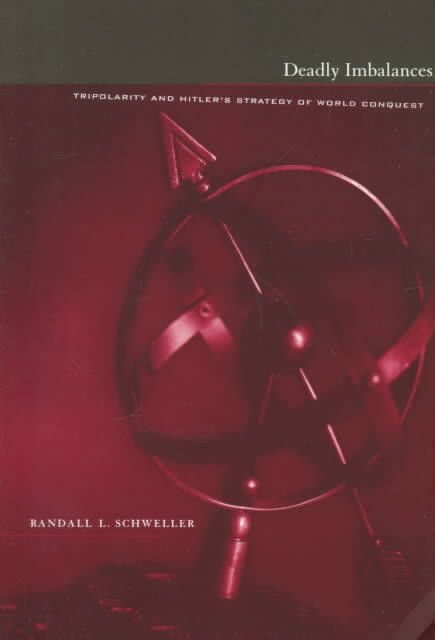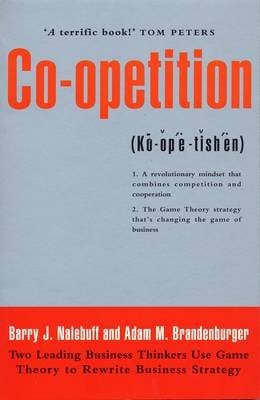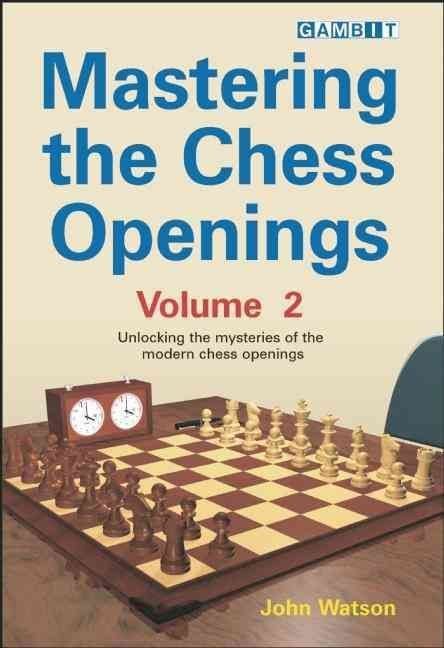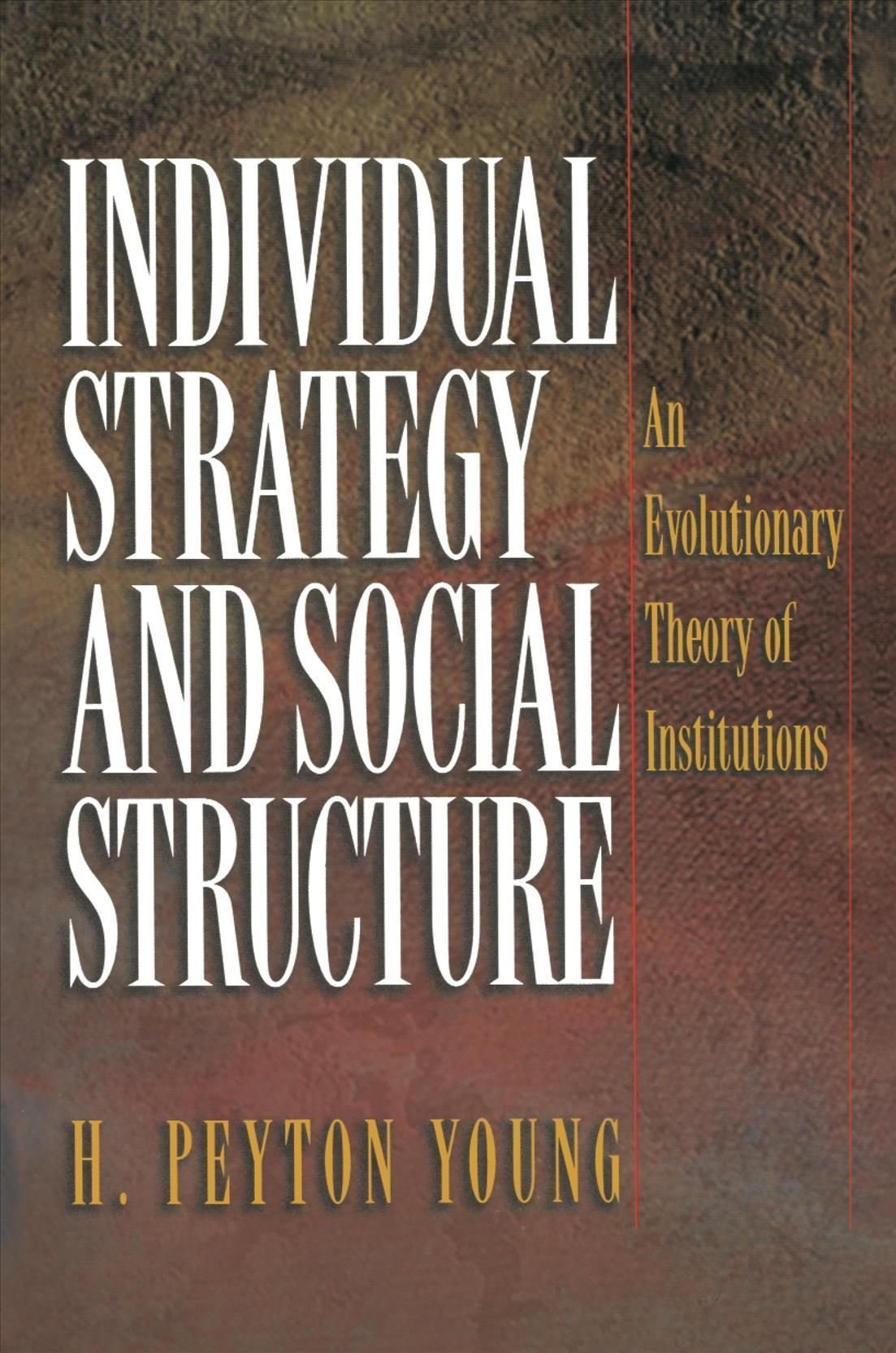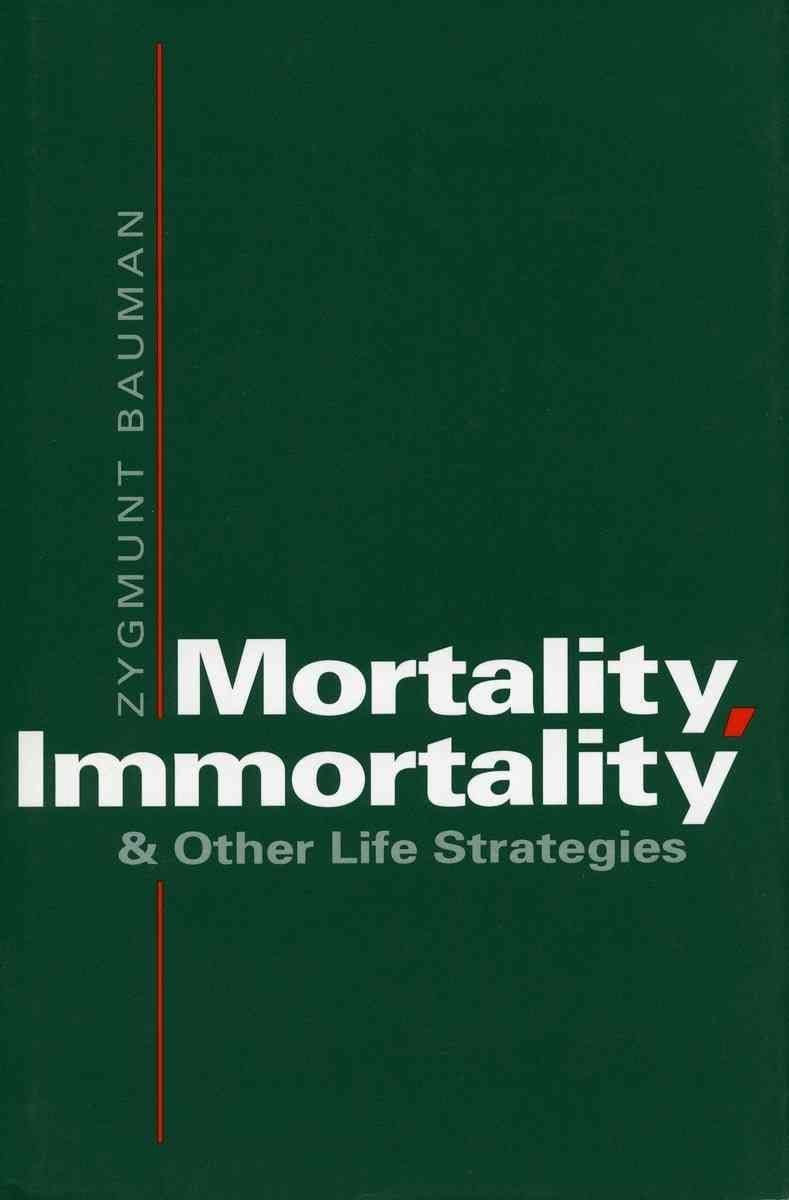Scholars frequently portray World War II as an epic morality play driven by a villain (Hitler) and a sinner (Chamberlain). This book offers a fresh approach, combining both the attributes of states and the structure of the international system to explain the origins and causes of World War II. Central to the analysis is the argument that the structure of the international system was tripolar - with Germany, the Soviet Union and the United States as the three central powers - and not multipolar and that this needs to be considered in any examination of the antecedent causes and crucial events of the war. Recognizing that both systems and human agents make history, the author presents an amended balance-of-power theory, a balance-of-interests theory - that distinguishes great powers by their relative material strength and the value they place on the status quo. This systems framework is used to examine and explain the dynamics of tripolar systems; how states respond to threats and opportunities; Hitler’s strategy of global dominion; and the foreign policy strategies of the other major powers before and during the war.
